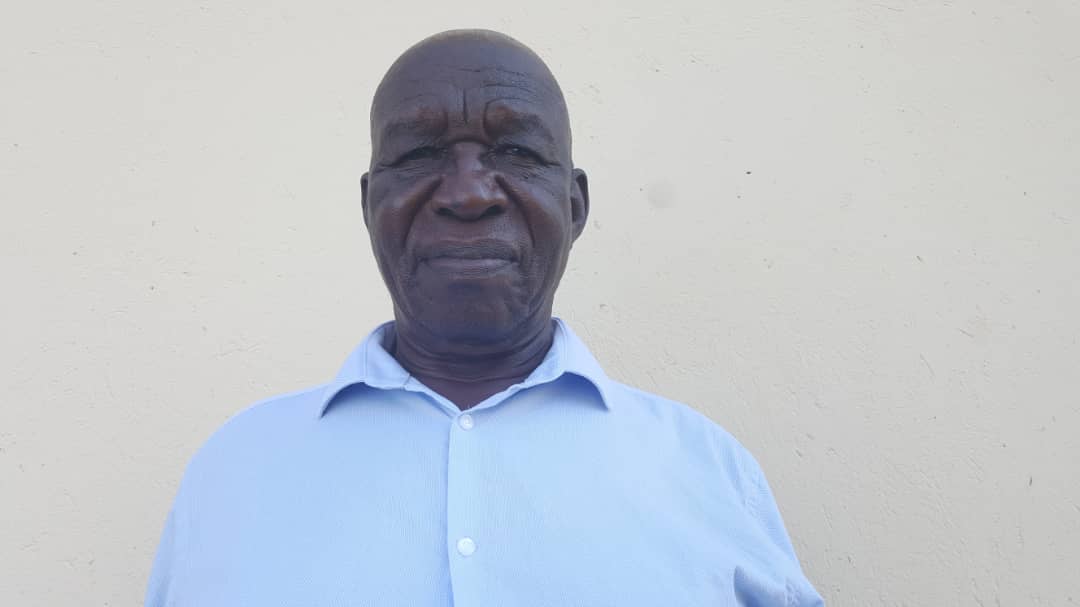Profile photo of Professor Dr. John Joseph Otim
“To empower the grass root communities in war ravaged Northern Uganda, government needed to have ‘fed the goose that laid the golden egg’. Government structures are not functioning and there is no implementation of projects. What was important was to empower the trodden upon communities to rise from the ashes they are in. You can’t find the impact of US$ 220 million on the people”
GULU-UGANDA: The nearly UGX 8 trillion (about US$ 220 million) which government had injected for post-war recovery and rehabilitation of Northern Uganda has not solved the major problem of endemic poverty because government used ‘fire brigade’ approach to the development and recovery of the region from the over two decade Lord’s Resistance Army (LRA) senseless rebellion.
“To empower the grass root communities in war ravaged Northern Uganda, government needed to have ‘fed the goose that laid the golden egg’. Government structures are not functioning and there is no implementation of projects. What was important was to empower the trodden upon communities to rise from the ashes they are in. You can’t find the impact of US$ 220 million on the people”, says Professor Dr. John Joseph Otim
He says the people of war-ravaged Northern Uganda can only get out of endemic poverty if they are united for the single purpose of fighting the endemic poverty. It is only when that is done that they can increase agricultural production, improve their livelihood and embrace supply value chains to grantee their access to markets and value addition sustainability.
“Government need to build capacity of the communities in war ravaged Northern Uganda to partner with large scale private sector, government, Civil Society Organizations (CSOs), cultural, religious and development partners. What is happening now gives negative conditions for effective success of the recovery. We need wise political leadership, effective pro-people army and stable economy”, says the scholar.
According to the scholar who has vast experience in teaching agriculture to university students, the people of Northern Uganda cannot achieve self-sustainability and self-sustaining economy unless ‘targeted education system’ and good ‘infrastructures like good road networks, railways and airports are put in place.
“With regards to road networks, trunk tarmac roads, feeder road network, community roads and farm roads should be developed to provide easy access to every corner of the country for delivery of produce, value added products, health services and education. All the above must be well coordinated to achieve success using efficient implementation strategies”, adding; “the current fire brigade approach and multiplication of projects rather than programs are breeding ground for corruption, nepotism, exploitation of the masses and deepening poverty among the majority”, observes the professor.
Professor Otim is the Senior Presidential Advisor on Agriculture and the Executive Director of the Gulu based Northern Gateway Eco-Tourism Culture and Education Center. He also served as the Agricultural Minister during the second Dr. Obote regime. He fled into exile after Obote was overthrown for the second time from where he went back to the academia world specializing in teaching ‘animal breeding and eco-system management’ in line with the United Nation vision of fighting climate change.
He was spotted by President Yoweri Museveni during the time when Mr. Museveni was still fighting Obote government as a potential asset to his future government. Mr. Museveni reportedly sent emissaries abroad where he was lecturing to convince him to return home and help him (Mr. Museveni) in planning the Ministry of Agriculture and post-war reconstruction of Northern Uganda through agriculture.
He eventually accepted to return home but fist came to see the ground in September 1993 and to sign the contract of being advisor to the President on agriculture but went back to complete his contracts with the universities he was lecturing in until September 1994 when he finally returned to begin his new assignment with the President.
“When the 1996 election was due, the President wanted me to go and contest as a Member of Parliament for my constituent of Agago so that he would appoint me minister of agriculture, but I refused the offer of a ministerial post arguing that the agreement between me and him was not to join parliament”, says the Professor, in an interview.
BACKGROUND
The over two decade-long LRA rebellion led to complete breakdown of social co-cohesion, which was the glue that held Acholi together, empowered them to live according to their traditions and culture. It also led to the fragmentation of Acholi society and made them start living individual lives, loss of traditional patriotism and peaceful co- existence in diversity within clans and other tribes, traditional values, self confidence and confidence.
It also led to sever post-conflict trauma, stress disorder and that led to a state of mind that drove a number of the Acholi elite who fled their homeland to disown their own culture and traditions and embraced the language and culture of the community among whom they are now living just to for survival in a new Uganda.
Arising from the above socio-political and economical loss, Acholi lost hard work ethics and developed dependency syndrome leading to sever poverty, increase in diseases, hatred for one another, senseless killings, rampant suicides and environmental destruction. Worst of all, there are also reckless sales of land and wrangles over land which is the last security Acholi of post-conflict are left with.












